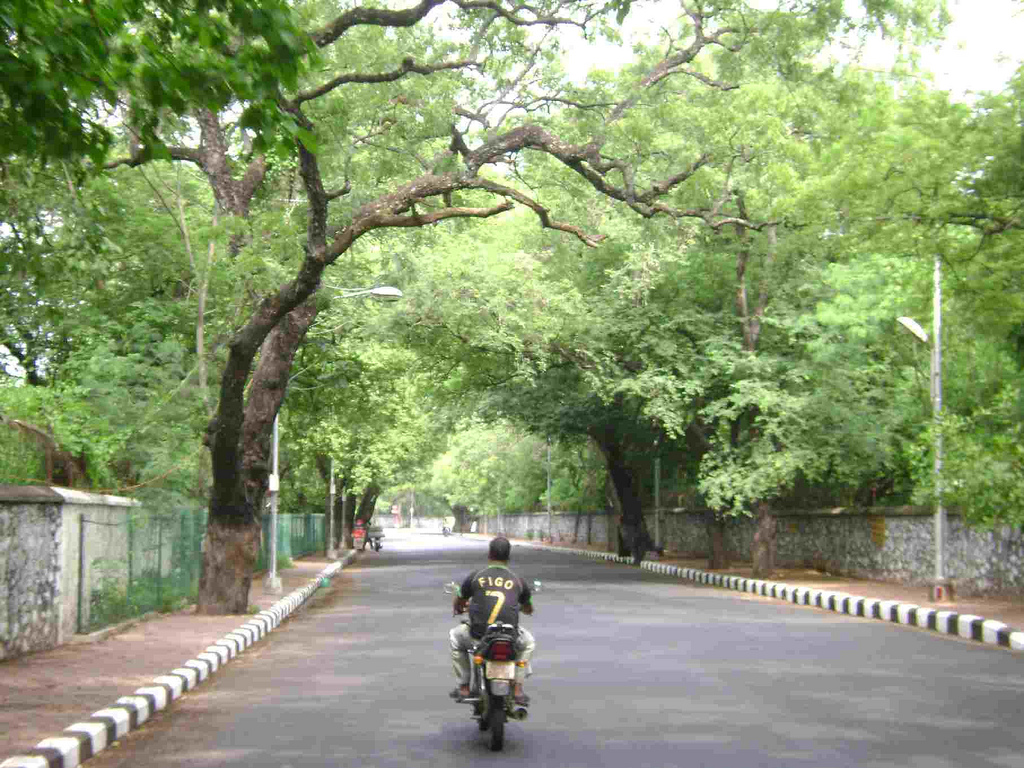
Uploaded on 2017-06-22 by Shriya Venkatesh
The Pallikaranai marshland is one of the few natural wetlands along the Coromandel Coast in South India. It is one of the 94 identi ed wetlands in the country and one of the three major wetlands in Tamil Nadu. The marshland has an international signi cance since it harbours rich biodiversity, including some of the endangered species; since wetlands absorb a signi cant amount of carbon, the marshland contributes to reducing the problem of global negative externality, namely, global warming problem. Despite its several features, the Pallikaranai marshland has been experiencing certain negative externalities caused by various urban activities such as land encroachment, dumping of liquid and solid wastes inside the marshland and other human interventions that adversely affect its ecological balance. In the following section, we discuss some of the major negative externalities that cause disturbance and damage to the marshland The preferences of the households and the resulting WTP values reveal that the households are more concerned about minimising certain harmful effects that affect the quality of the marshland as well as their own welfare. The households in the study area are seriously concerned about the solid waste being dumped in the marshland, the huge quantity of untreated sewage released into it and the marshland being encroached upon by different agents. Rapid decline in the groundwater table, deterioration of water quality, air pollution from the solid waste dumping sites and ooding, especially of the residential areas in the upstream part of the marshland, are considered by the households as some of the by-products of these problems. In order to adapt to the ill effects caused by the deterioration of the marshland, the households end up sacri cing a signi cant amount of their scarce resources on alternative activities.